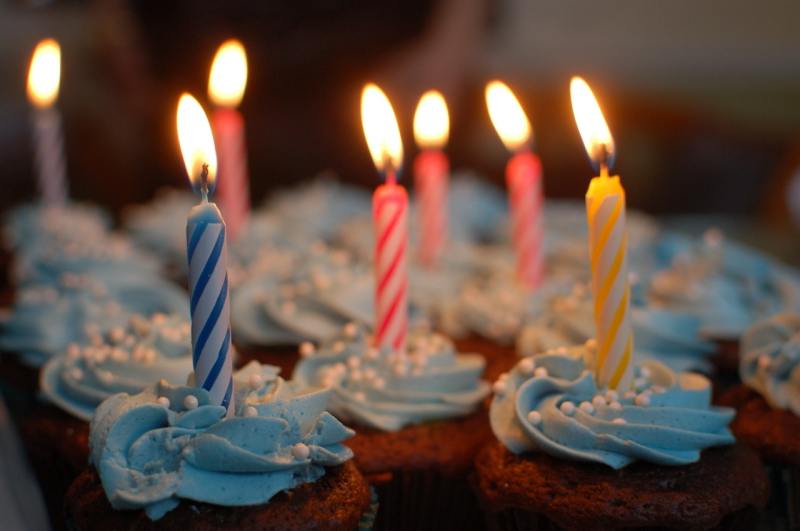Birthdays. Cake. Pizza. Ice cream. Glitter. Balloons.
Just the very word conjures images of hyper, sugar-drunk children, exhausted parents and the ever-present, enduring idea of hired Disney princesses, who may or may not stage potentially traumatic crises in the middle of a darling child’s beautiful, optimistically perfect day.
But accusations and dodgy music videos aside, the term “birthday” is associated with positivity, effervescent joy and, of course, the oodles and oodles of bright wrapping paper and thin strips of plastic ribbons.
It’s a day meant to celebrate the birth of the person, most commonly referred to as the “birthday boy” or “birthday girl.” Their parents are (presumably) happy that they are alive and kicking — enough to throw a party and invite the darling’s friends, and the friends in question are happy to come to celebrate the same cause.
From an American perspective, birthdays are one of the greatest moments in a child’s life. Other than the presents — specifically and carefully chosen for the pleasure of the birthday person — it’s also a chance to throw a party, and who doesn’t love a party? Not only are friends invited; family friends, siblings and relatives all gather together in a fun-filled day all meant to celebrate the moment their person entered into this world.
While this cultural tradition is popular in the U.S., I think it warrants importance to take a step back and see what we are really celebrating.
Ostensibly, we are celebrating the fact that a person was born. But people are born every day, and we certainly don’t celebrate strangers’ birthdays. We celebrate the birthdays of people important to us because of the joy and well-being they bring to our life.
“Alright,” you might say, “There is your answer: We celebrate birthdays because we love and care about the birthday person.”
But why the birth day? Why choose to celebrate the day that you were born? Of course, it may be accompanied by oodles of joy from the people who anticipated your arrival and the people who simply love seeing new life passing from the womb into the world — but what about the other complications involved in the birth?
What about the pain mothers go through? The family stress about whether or not the child and the mother will make it? The unforeseen consequences of undetected mutations?
I once had a friend tell me that when her family celebrated birthdays, it wasn’t so much as a celebration of the child’s birth as it was a celebration of the sacrifices the parents had to work through, up to and including the immense loss of time, energy and perhaps a career’s forward trajectory.
Is that what we should be celebrating? The contributions and sacrifices of our parents that often go unacknowledged — or, at the very least, less acknowledged than the happy child sitting at the center of the table?
Is the world truly a better place because you are here? Do you truly make enough of a difference in this world because of your presence and your birth from pain and sacrifice? Or is this just another reflection of the self-aggrandizing culture and time we live in?
Perhaps what matters is not whether or not you make a great difference, but that you have made enough of a positive impact to the lives of the people surrounding you that they want to come and celebrate the fact that you’ve been on the earth for another year — which is a truly lovely idea.
Contact Angela Zhao at angezhao ‘at’ stanford.edu.
